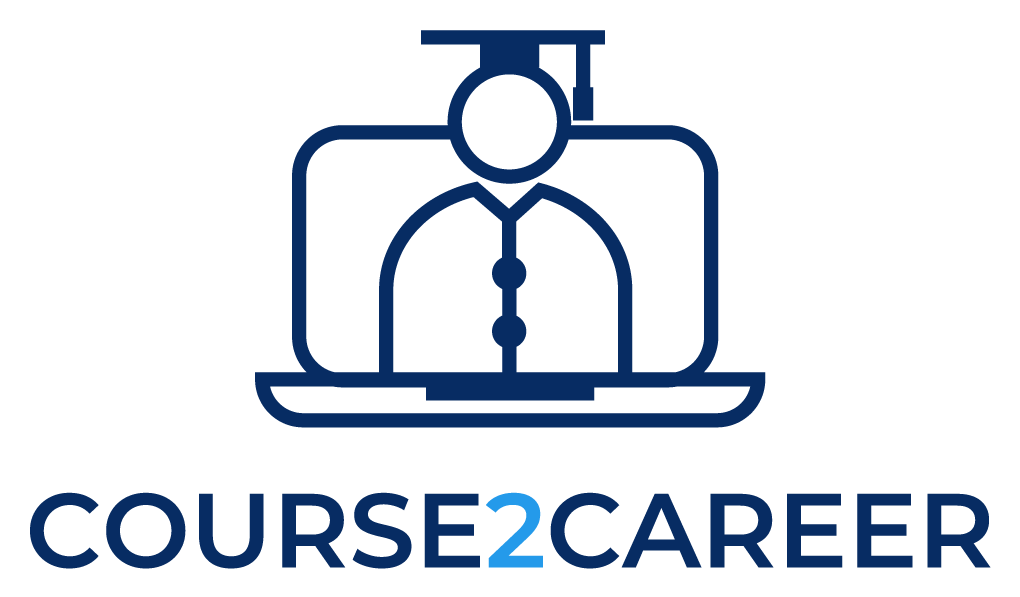IT Courses
Technology is an industry that is perfect for those who have a love of learning and like to be continually improving and updating their skills. If you find you like a challenging and a fast-paced learning environment, an Information Technology course may be worth exploring. Here you’ll find some of the best online courses available through several ICT institutes around England.






